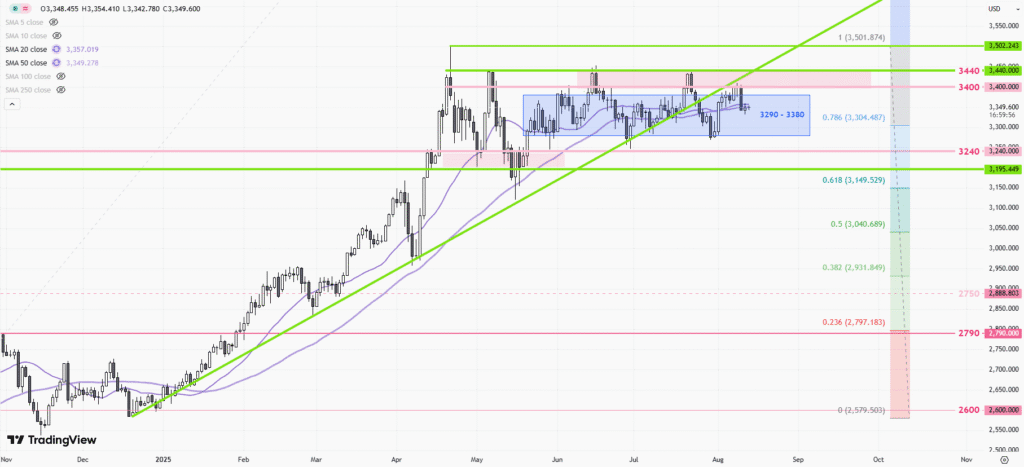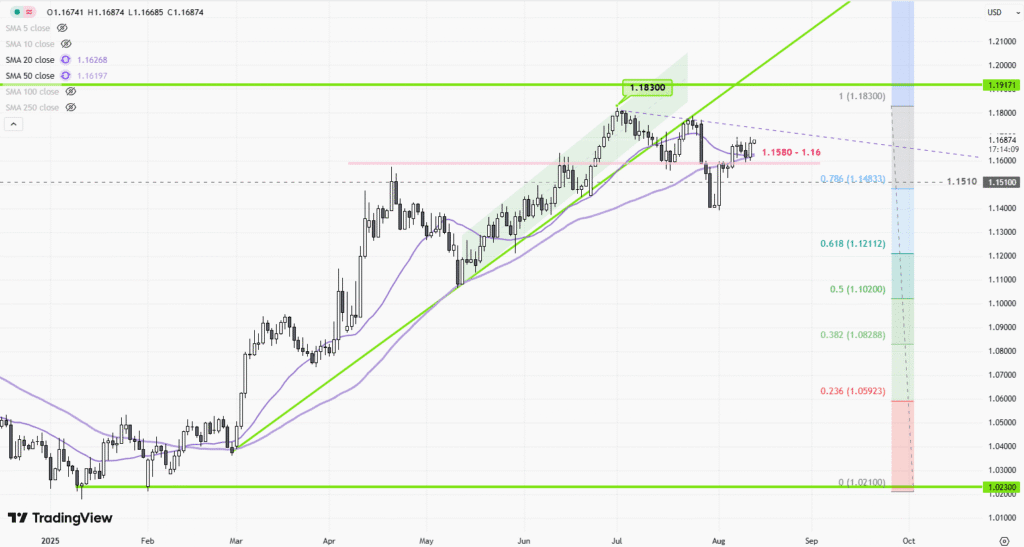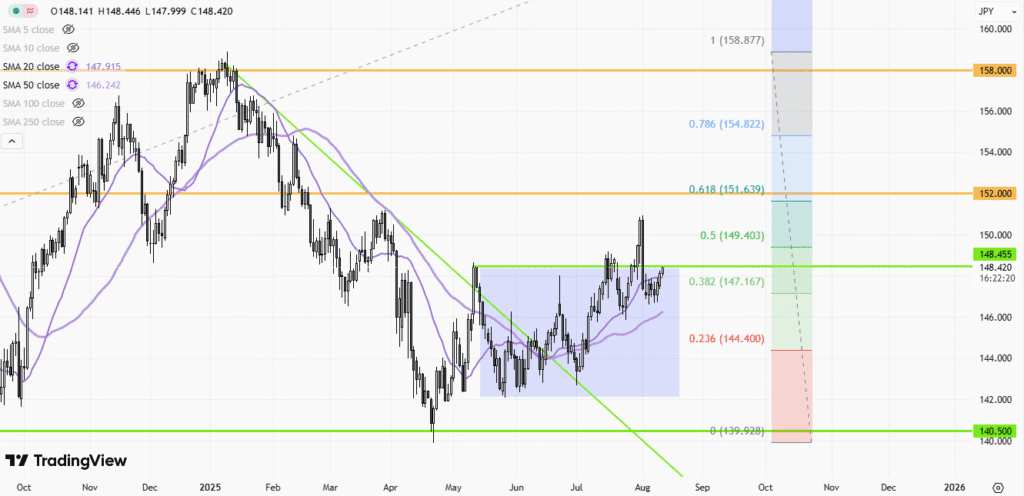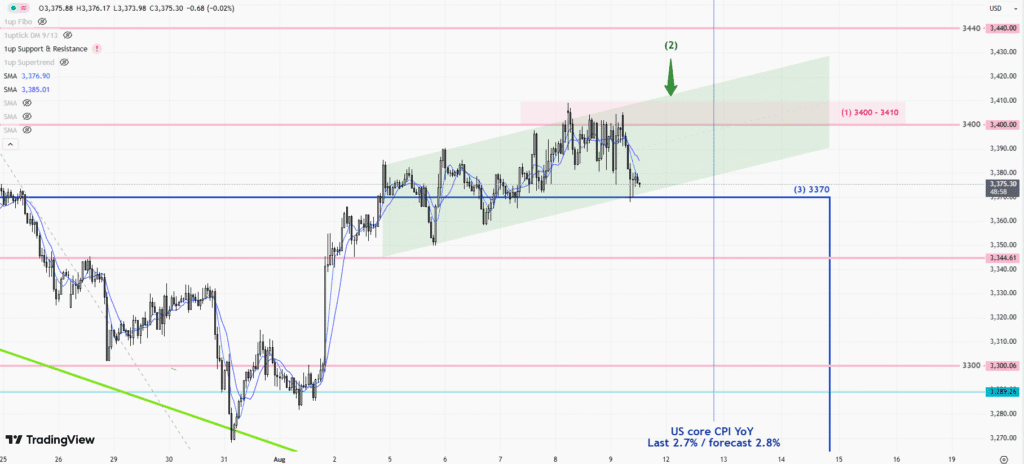 |
| Gold V.1.3.1 signal Telegram Channel (English) |
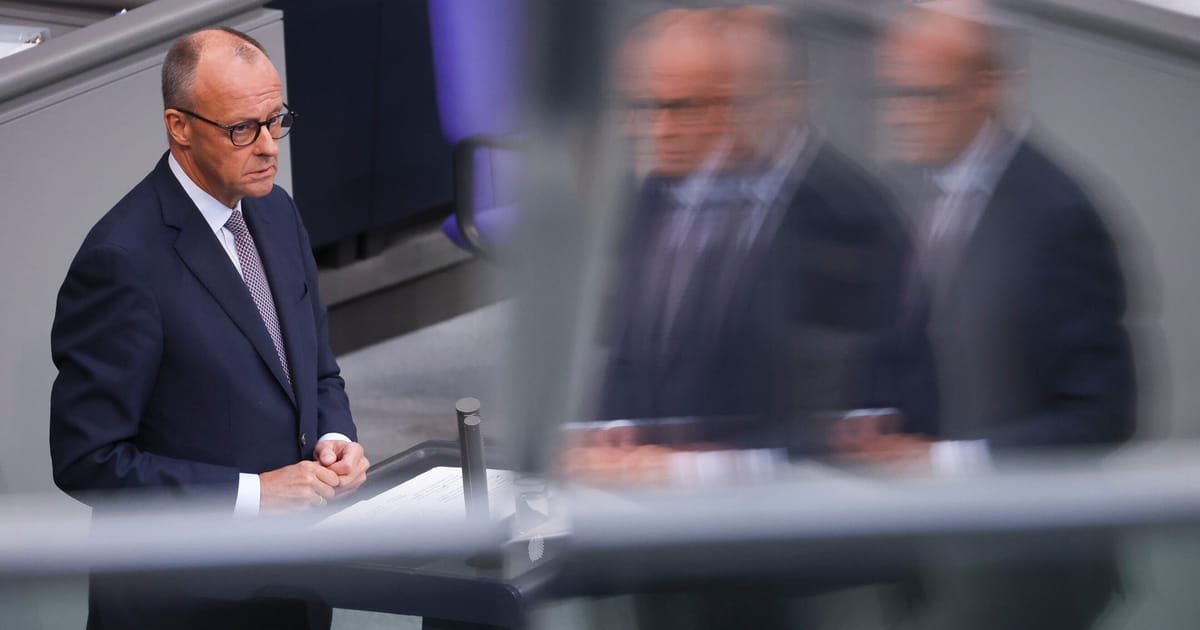
Why Germany’s Economic Model Is Facing Its Toughest Test and What’s Next for Reform
2025-09-26 @ 20:01
Germany is at a crossroads, facing its most significant economic and political challenges in decades. The country’s postwar prosperity model—built on a robust industrial base, global trade, and strong social welfare—now confronts powerful headwinds. Recent developments have thrust economic management, government reforms, and public trust into the spotlight.
Mounting Economic Pressures and Political Uncertainty
In recent debates over the draft budget for the coming year, Chancellor Friedrich Merz acknowledged that Germany is navigating perhaps its toughest phase in recent history. The government plans a substantial spending increase, with borrowing expected to triple compared to last year. The largest hike is allocated to defense, a response to shifting geopolitical realities and increased security commitments in Europe.
However, this spending surge raises uncomfortable questions. Germany’s longstanding aversion to government debt, enshrined in the “debt brake” constitutional rule, is being tested. The previous governing coalition collapsed amid disputes over borrowing limits, and now the same question divides the current administration. As interest payments on debt climb, pressure on the national budget intensifies. While taking on debt could, in theory, fund new investments, the reality is more complicated: Germans are being told that despite record borrowing, certain cuts will still be necessary. This is a hard sell in a country where fiscal discipline has long been a source of pride.
Germany’s Economic Model Under Strain
For decades, Germany has relied on its export-driven industrial sector to generate wealth, high wages, and the fiscal capacity to fund a generous welfare system. But global shifts—from disrupted supply chains to energy uncertainty and changing consumer demand—have eroded this foundation.
Industries that once powered German prosperity, like chemicals and automotive manufacturing, face declining international competitiveness. Rising energy prices, regulatory uncertainty, and a shortage of skilled labor have prompted warnings from German business leaders about deindustrialization. To many investors and executives, the model that ensured growth and stability for decades now looks increasingly precarious.
Calls for Reform and New Solutions
Chancellor Merz and other policymakers are under pressure to deliver reforms that will reinvigorate growth while maintaining social cohesion. Proposals include targeted investment in digitization, green technologies, and infrastructure, as well as overhauling the welfare state to ensure long-term sustainability. The debate is fierce, with different political blocs offering divergent solutions.
Some argue for slashing bureaucracy and accelerating permitting for new projects, while others warn against undermining the social fabric by cutting welfare benefits. The government’s challenge is to chart a path that addresses both economic competitiveness and the population’s expectations for security and fairness.
The Intersection of Domestic and Foreign Policy
A striking feature of today’s challenges is the blurring of lines between domestic and foreign policy. International instability—whether from security threats or trade disruptions—impacts the German economy directly. The swelling defense budget is just one indicator of this new reality.
Moreover, Germany is under pressure from allies to play a larger role in European and global affairs, even as it manages its internal economic transformation. The need for stronger ties within the European Union, and the pressure of external threats, require diplomatic and financial resources at a time when every euro is being scrutinized.
Public Trust and the Rise of Populist Alternatives
Against this backdrop, political polarization is increasing. With economic anxieties rising, support is also growing for populist parties promising simple solutions or radical change. This political fragmentation makes consensus on much-needed reforms even more elusive.
Chancellor Merz’s government must not only manage a complex economic transition but also rebuild trust with a population wary of empty promises and growing debt. Communication will be critical: explaining why certain sacrifices are necessary and how today’s choices will secure Germany’s future prosperity.
Conclusion: Navigating the “Most Challenging Phase”
Germany faces a turning point. The decisions made in the months ahead—about spending, reform, and the balance between welfare and growth—will set the country’s course for years. Success will depend on pragmatic policymaking, resilient institutions, and a willingness to adapt Germany’s economic model for a new era. The alternative is rising debt, waning competitiveness, and further political instability. For a nation that has long defined itself through economic success and social stability, the stakes couldn’t be higher.


